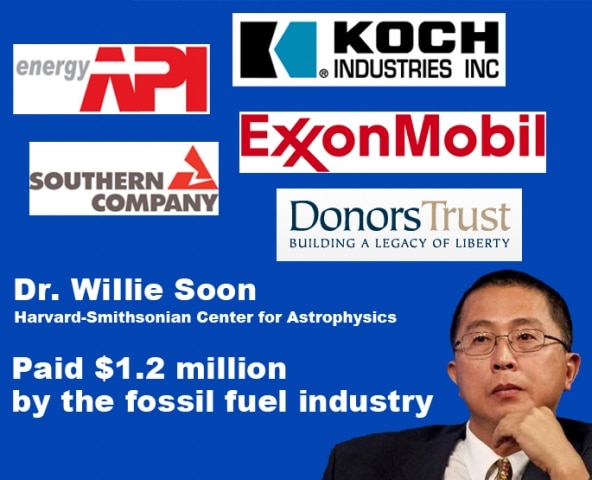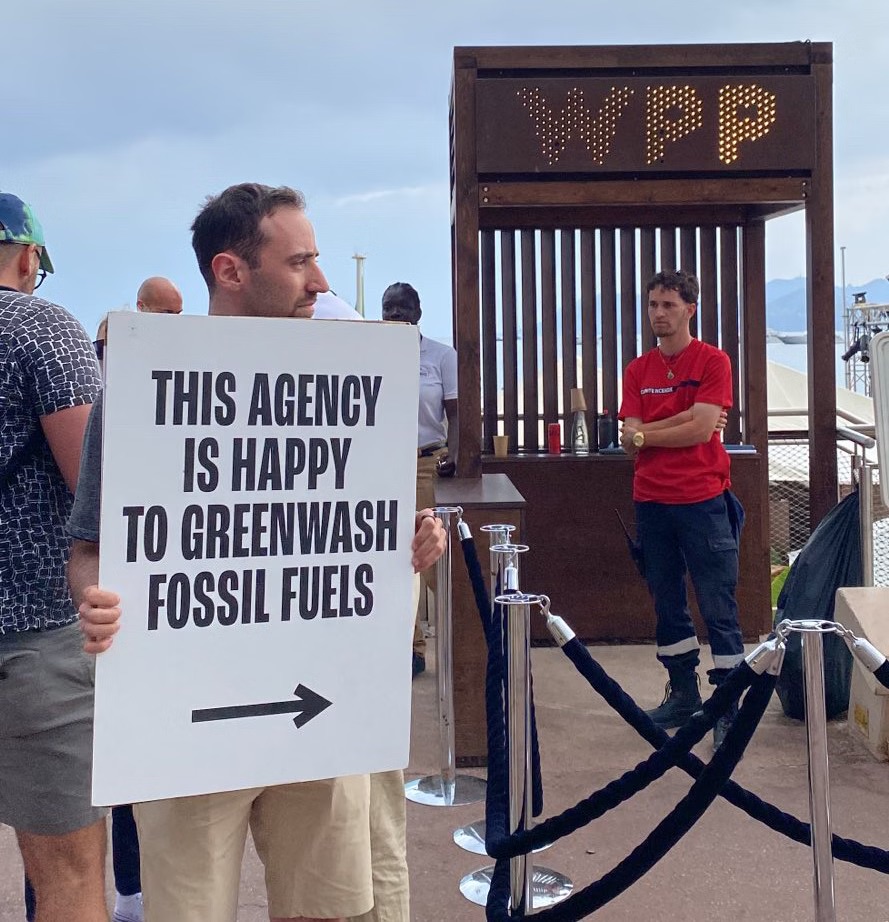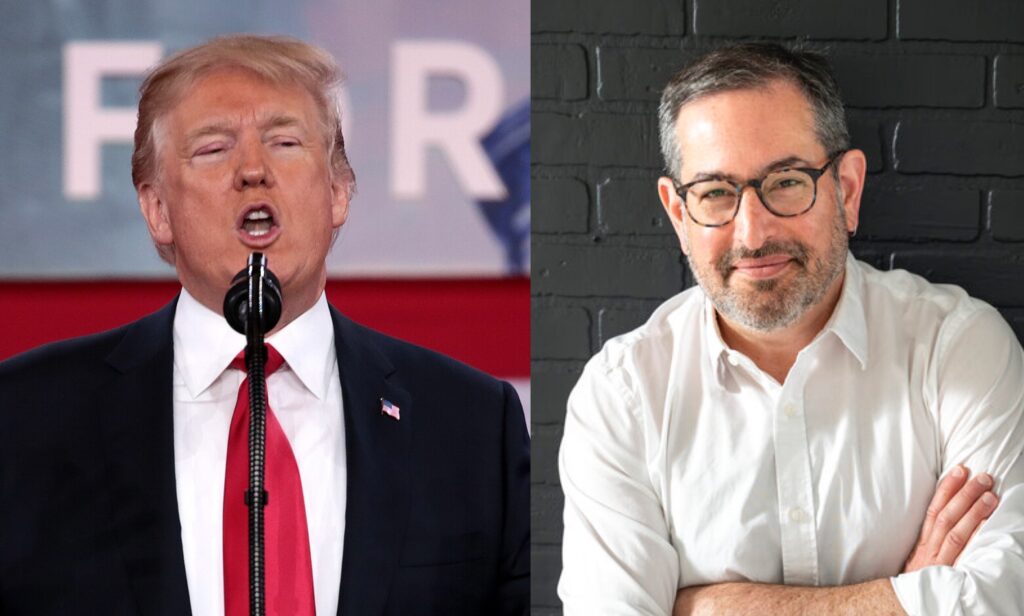So one of the climate science denial industry’s most celebrated scientists has been caught describing his research work as “deliverables” to his fossil fuel funders.
Dr Willie Soon, the aeronautics engineer who dabbles in public health, atmospheric science, solar physics and sea level rise, describes himself as an “independent scientist”.
More often though over the years, he is described by others as an “astrophysicist” at the Harvard-Smithsonian Center for Astrophysics, lending him credibility which most serious climate scientists would argue Soon’s science doesn’t deserve.
As one University of Michigan professor put it to the Chronicle of Higher Education: “Why is anyone even listening to him? Because he’s got ‘Harvard’ after his name. Once you take that away, who is Willie Soon? He’s nobody.”
In recent days, the Smithsonian has pointed out that even though Soon is employed as a “part time researcher at the Smithsonian Astrophysical Laboratory” they don’t actually pay him. “Dr. Soon pursues external sources to fund his research activity,” a statement said.
Soon has solicited more than $1.5 million since 2001 from fossil fuel companies and conservative foundations.
Coal electricity generator Southern Company, Exxon, Donors Trust, the Charles G. Koch Foundation and the American Petroleum Institute have been among his key funders.
While it’s been known for several years that Soon was being funded heavily by the fossil fuel industry, the current outcry centres on the disclosure of that funding to the journals who have run his research.
InsideClimate News has a summary of the 11 scientific papers where Soon had described his studies as “deliverables” to his funders – in those cases coal utility Southern Company and conservative funding arm Donors Trust. On most occasions, the fossil fuel funding was not disclosed.
Three Senators have extended this to a request to 100 fossil fuel companies and organisations to ask if they are funding research on climate change.
There is an obvious conflict of interest element to this story. Are journals and legislators doing enough to ensure that potential conflicts of interests are disclosed when research is submitted and statements are made? This should extend to media representations too.
But a key reason why the Soon story is so important is not that his work has been repeatedly funded by fossil fuel interests, but that this funding has come during and after many scientists have dismissed Soon’s findings as flawed and irrelevant, and shown it to be so.
Soon’s activities over the years have been described as “science” when in fact, his ongoing work makes far more sense if you think of the fossil cash as money provided for public relations.
This applies even if Soon sincerely thought he was doing serious scientific work. So what have leading climate scientists had to say about Soon’s work over the years?
Climate scientist Dr Gavin Schmidt, the director of NASA’s Goddard Institute for Space Studies, told The New York Times: “The science that Willie Soon does is almost pointless.”
In a RealClimate blog post, Schmidt wrote: “Soon’s work has been singularly poor for over a decade.”
Examining Soon’s persistently wrong claims that the sun, and not CO2, are to blame for changes in the climate, Schmidt wrote that Soon’s conclusions were based on a “fallacy”.
In a 2013 article about Soon in the Boston Globe, climate scientist Professor Michael Mann, director of the Earth System Science Center at PennState University, discussed a paper Soon had co-authored in 2003 in the journal Climate Research.
Soon’s paper claimed to show that the world had been warmer during the “Medieval Warm Period” between 700 and 1200 years ago.
Mann told the Boston Globe: “Every self-respecting climate scientist that I knew that read it agreed, this was appalling. It wasn’t legitimate. It was simply a politically motivated attack on a body of work masquerading as science.’’
Five editors of the Climate Research journal eventually resigned in protest over the publication of Soon’s research which was part-funded by the American Petroleum Institute. Those editors said that fundamental flaws in the paper were not picked up during a peer review process which had similarly fallen apart.
Soon is also most often cited as a scientist at the Harvard-Smithsonian Center for Astrophysics (HSCfA). Rarely are his ties to fossil fuel funded and ideologically-driven think tanks mentioned.
This is strange, because a copy of Soon’s own CV from 2005 lists these associations.
Over the years he has held associations with a gaggle of free market groups that have all promoted climate science denial, including the George C. Marshall Institute, The Heartland Institute, The Fraser Institute and The Science and Public Policy Institute. Many of the groups have also accepted funding from fossil fuel companies.
These organisations can be though of as much as PR machines as they are “think tanks”.
Many of Soon’s public statements, often given to sympathetic audiences at think-tank gatherings, would certainly have pleased his key funders.
In 2011 at a Heartland Institute conference, Soon told the audience: “We think that CO2 is not a pollutant and is good for food and marine life even. It’s not changing the climate so, I guess, we have a position. It is, do nothing.”
Two years earlier at another Heartland Institute conference, Soon claimed CO2 was not the main driver of climate change and that scientists were “having difficulty in supporting the CO2 warming hypothesis” because atmospheric temperatures were steady and the “heat content of the ocean is not rising”.
Soon said there was “very good data” to back him up, available from a network of Argo floats across the world’s oceans “sampling the ocean from the surface to 2000 metres down”.
Research published in Nature Climate Change earlier this month analysing the Argo data has shown that between 2006 and 2013, the oceans have been gaining heat at a steady rate.
Study co-author Susan Wijffels, of Australia’s science research agency the Commonwealth Scientific and Industrial Research Organization, said: “When we measure globally and deep enough, we see a steady rise in the earth’s heat content, consistent with the expected greenhouse gas-driven imbalance in our planet’s radiation budget.”
There is also evidence available that in 2003 Soon had sought to undermine an assessment of climate science by the UN‘s Intergovernmental Panel on Climate Change. In emails uncovered by Greenpeace, Soon wrote to like-minded sceptics that “I hope we can start discussing among ourselves to see what we can do to weaken the fourth assessment report”.
When respected scientists have torn Soon’s work to pieces continually over the years, why would fossil fuel companies keep giving him money?
Soon’s supporters exist almost entirely within the machinery of climate science denial – that machinery being fossil fuel interests, conservative “free market” think tanks and certain sections of the conservative media landscape. That’s the same machinery, and in the case of Soon’s financial backers the exact same peple and groups, who as I’ve written in The Guardian, were hatching a plan in 1998 to hijack climate science to fit their corporate interests.
Last year, when Soonwas awarded a “Courage in Defense of Science Award” at a Heartland Institute conference, his comments consisted of the same worn, tired and misleading talking points that the climate science denial industry has pushed for years.
Climate change is caused by the sun – check. Global warming has stopped – check. CO2 is good for plants and humans – check.
In an interview, Soon declared: “For the IPCC to propose that sun has no role in the climate system – I mean come on – it’s almost like a joke.”
Well, perhaps Soon was making a joke, because if you read IPCC reports there is always discussion about the role of the sun in the earth’s climate system.
As science historian Professor Naomi Oreskes, author of Merchants of Doubt (and who actually is employed by Harvard), told the New York Times: “The whole doubt-mongering strategy relies on creating the impression of scientific debate. Willie Soon is playing a role in a certain kind of political theater.”
He is also likely playing a role, whether he is conscious of it or not, in a strategy that is far more about public relations for fossil fuel companies and ideologies than it is about scientific advancement.
Subscribe to our newsletter
Stay up to date with DeSmog news and alerts







